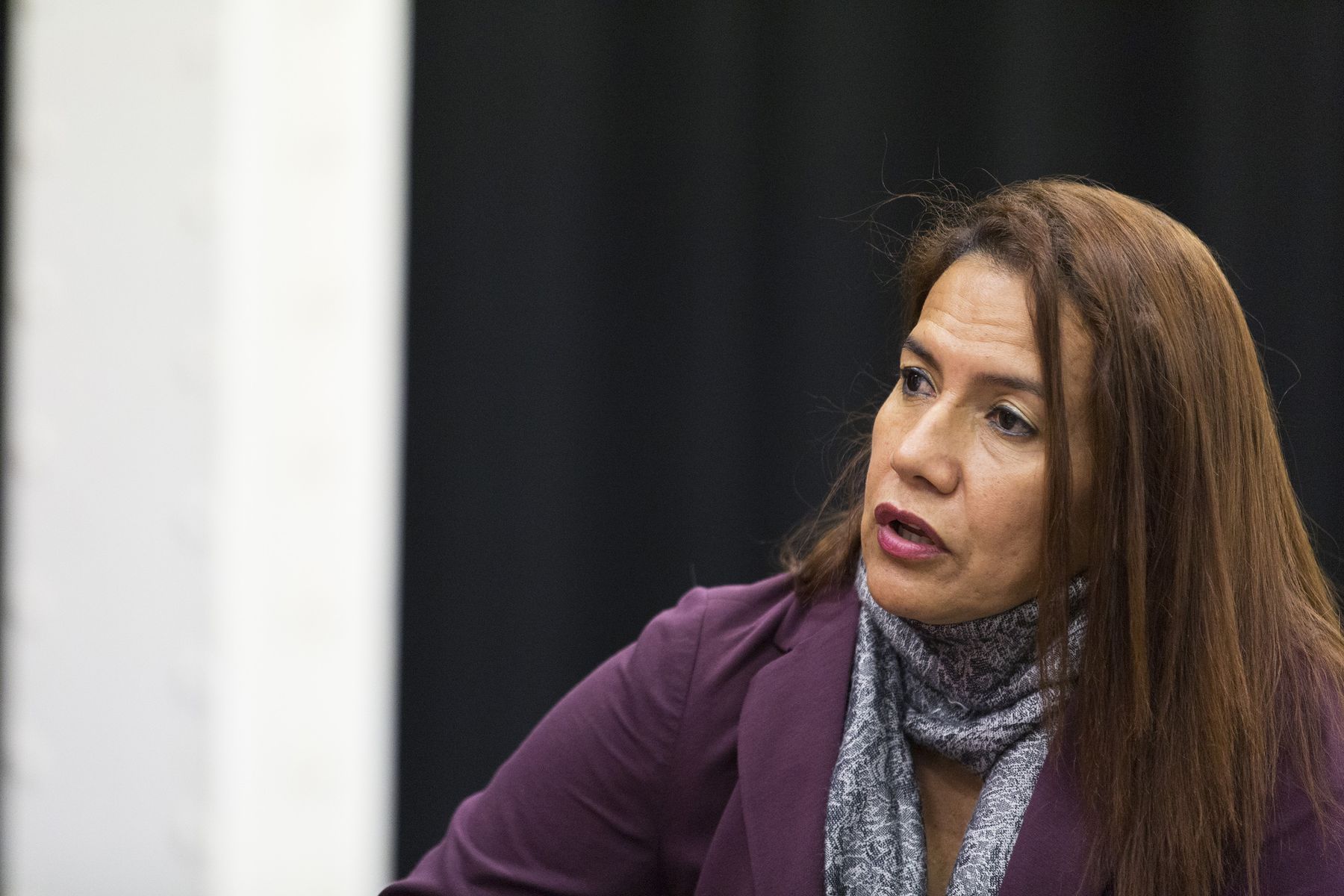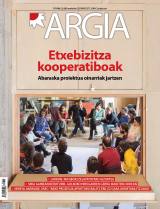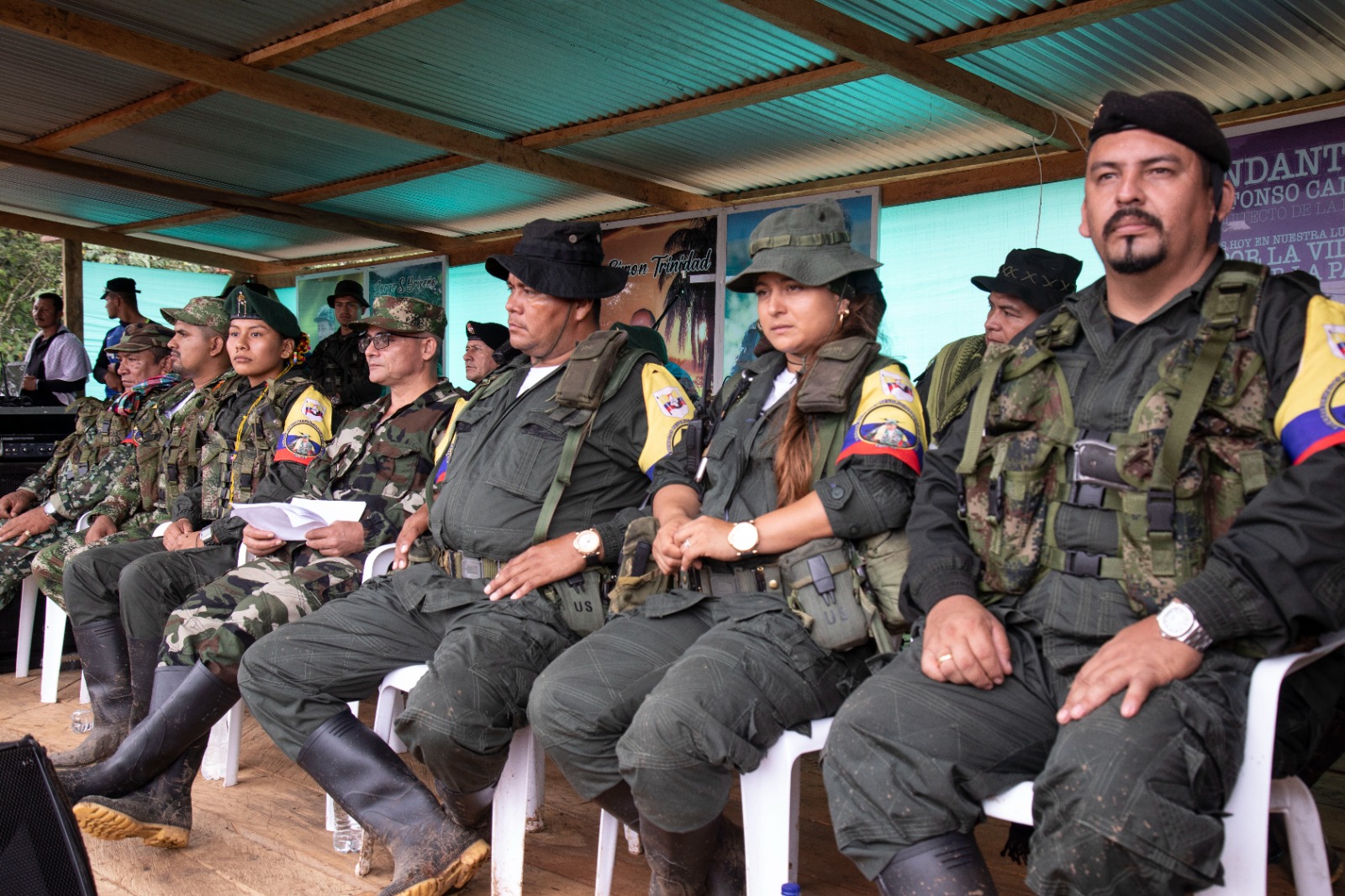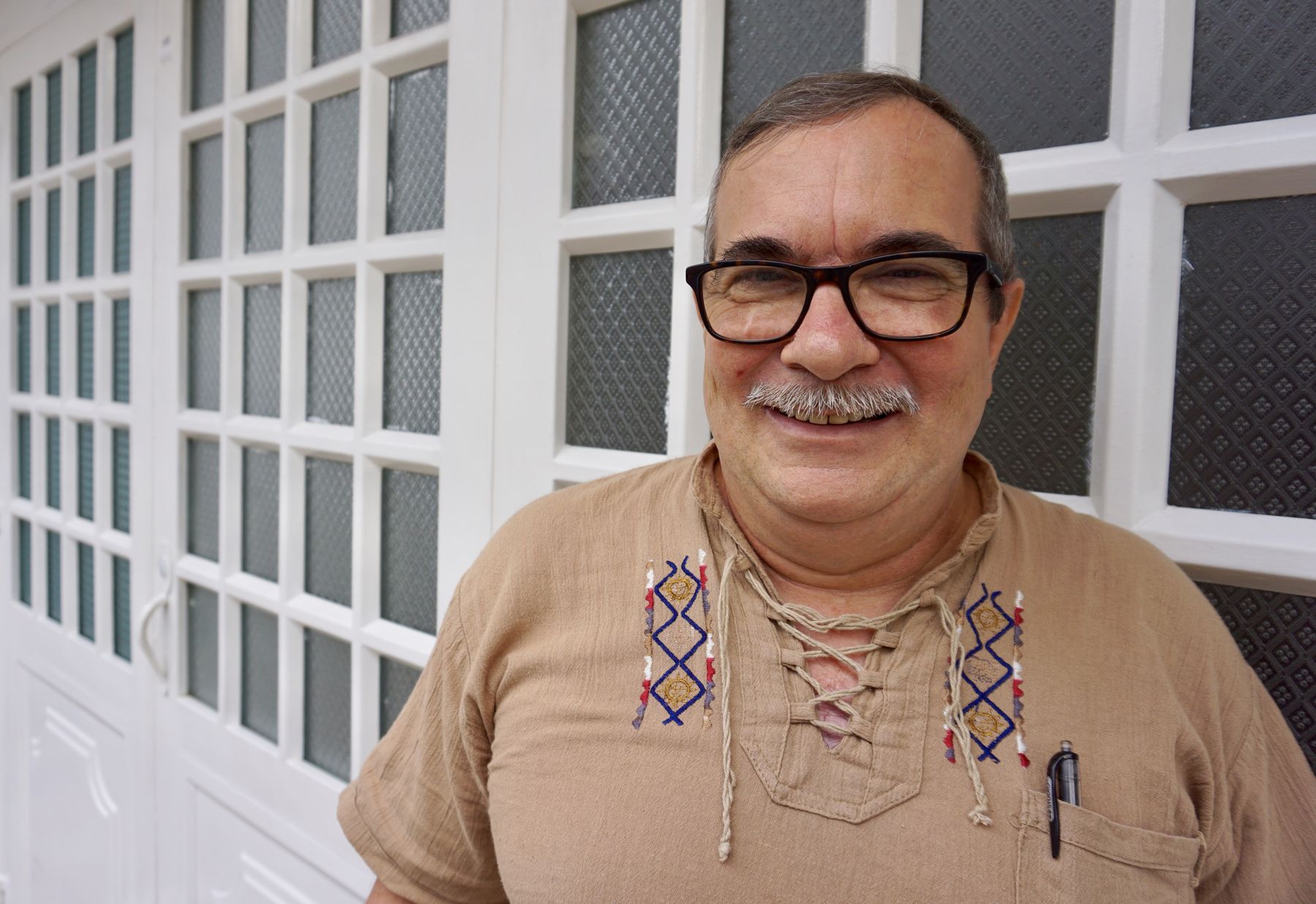Just over 18% of the peace agreements have been implemented.
- Mireya Andrade is the name of the war of Maria Lucelly Urbano. It has been 27 years since the FARC and the armed organization and the Colombian Government participated in the peace negotiations held in Havana for one year as a member of the Subcommittee on Gender Affairs.

When, how and why did he enter the FARC?
It was in May 1989. I participated in the municipal elections of my people and was elected a councillor, but there were threats against members of the Patriotic Union, including my relatives. My boyfriend was eliminated and then there were only two options left: going into exile or entering the FARC. I chose the second one.
Has there been any initiative in the peace process to clarify the
disappearances?In 2015, the FARC and the government launched a joint communiqué seeking the disappeared from Colombia. I am part of that group and will start working in July. In the meantime, we are working with the International Red Cross, with victim associations and with family members to get the bodies of the disappeared back home.
How many have disappeared?In
our people we have more than eight million victims, more than 250,000 dead and more than 50,000 missing.
According to the latest UN report, following the signing of the Peace Treaty, there have been 216 murders in Colombia between 2016 and 2018, and attacks on women have intensified. Who is behind this violence and why does the state not prevent it?
That is one of the major concerns we have now, as many human rights defenders, many of the members who work in the communities, are being attacked. The Government has done nothing to stop these attacks, and they lie about the perpetrators of the killings, even though it is clear that the paramilitaries are the murderers.
On 27 May they have presidential elections in Colombia, but the FARC will not be presented because, in their opinion, there are not the right conditions to do so. Why?
We took part in the parliamentary elections in March and we had our presidential candidate, our party’s chairman, Rodrigo Londoño Timochenko, but he suffered many attacks. In addition, several videos have appeared from members of the ESMAD (riot control unit of the National Police), in charge of guarding him, to attack Londoño, who distributed weapons to the people. In addition, Londoño's state of health is not very good, and we decided not to present it.
They say that the process is in the air, that no progress is being made, because the right and the extreme right are trying to boycott the agreements. Why are they against the peace agreement and political normalisation or the demilitarisation of political life?
Neither we nor the community have managed to understand it. We wanted to reduce the confrontation, and that is why it is important that those in power make it possible. We do not know their interests to continue the war. In wars, however, there are always great economic interests. And although weapons have now been abandoned, and we have not reused them, and there are no more deaths, some are interested in war. And, of course, it is not they who put the dead.

How is Commander Jesus Santrich and why is he on hunger strike?
He was arrested on 8 April last on charges of a drug trafficking crime, but on the basis of evidence that does not appear at all. They say they have a video, but they don't have audio. It is amazing that someone is stopped for what is said to appear in a video without audio, without providing any proof. Today [13 May] has been on hunger strike for 34 days and yesterday he was transferred to a residence of the Colombian bishopric. The man, who had let food enter the vein to be able to move, has not interrupted the hunger strike. The United States has two months to make its request concrete, but it is very likely that, if things continue like this, Santrich will lose his life.
Commander Ivan Márquez says peace is over after Santrich's death.
Yes, there is a lot of danger, because if he dies, what can we present as an advance of the peace process if a person who participated in all the talks, one of the people who most clearly had to do with the peace process, is denounced without evidence, assembled and killed, or extradited? The peace process would be at a much greater risk than it is now. Moreover, almost nothing of the agreements has been complied with, slightly more than 18% of the votes cast. The death of our comrade would put us in a very complicated situation and, in addition, the government would lose all credibility.
And what would happen? I guess you don't intend to go back to the guns
-- no, not at all. One of our commitments is to move forward with all the efforts we have made so far, but with the commitment not to take up arms again.
However, part of their militancy was not in favour of handing over arms, because for them it was not a philosophy of the FARC, but of taking the weapons out of politics, but without handing them over. What do you think?
This has been one of the positions that have existed, but all decisions on the peace process are taken by consensus. We were all asked, and at the Guerrilla Conference we were all represented through the representatives of each structure, and all pronouncements were taken to the assembly in the assemblies of all areas. And we made our decision. In any event, in order to achieve a peace agreement, it was essential to draw the weapons out of the equation.
One of the characteristics of the peace process in Colombia has been the incorporation of gender-focused measures in the last agreement. However, in the 2016 referendum, opponents of the Peace Accords used these measures to sow fear and encourage negative votes. How?
They wanted to blur the gender perspective contained in the conventions, saying that families were going to dissolve because the FARC wanted to “convert” all men into homosexuals.

And did that have its effect?
Yes, because in our people, people still don't think much about what is said on social media, or what leaders like Álvaro Uribe say.
What process did they follow until the FARC were named an anti-patriarchal organization?
We, for many years, have made progress on gender in order to achieve parity, so that women and men have the same rights and obligations. So, after a great job of the subcommittee on gender, it was time to anticipate society and name what we were already doing, and we declared ourselves anti-patriarchal. We were doing that, but not naming ourselves. Think about 40 percent of our members were women, and we all had the same tasks, both men and women.
And how have you managed the internal resistance? Men sometimes find it hard to give up power.
It costs us all, because we all come from the same society. Admission to our institution implies acceptance of rules that had been in force for some time, so when new people arrived, the first thing they did was read and learn those rules, which they had to comply with.
As sons and daughters of our patriarchal society, even if they are revolutionaries, we reproduce macho roles. Did you have an in-house training or a special awareness school?
Yes, of course. But it's not just for us. Our formations were for everyone, women and men, and also for communities, and there we explained to people in the regions how our organization worked and what rules it had and how people were clear how to act.
How did you manage sexual assaults inside the guerrillas?
Rape, both against guerrillas and against civilians, was severely punished, including by firing. But there are things that are not taken into account many times: we guerrillas moved around the neck with a rifle and it is very difficult to rape an armed woman.
And now that society is disarmed, what self-defense mechanisms do you have? First of all, we must make society as a whole aware of the need
to protect the weakest, women, diversity, everything related to inequalities, but through unity. On the other hand, when we were at the peace talks in Havana, a member of the government once asked me what I was most afraid of. I answered that they are spreading a lot in our country and in many other places. Women are attacked with acid for refusing to be someone else's private property, which is very scary. I think here the key is education.
You say that your organization drives ‘insurgency feminism’. What does this mean?
It is a way of calling the rules that have guided our activity ever since. We have always pushed for equal work, equal rights and obligations, and we have named it, like any other. It is about women and men sharing rights and obligations on an equal footing.
Changing the subject, what do you think is the role of the victims of the conflict?In our Peace Agreement the victims have been in the center, because there are many people who have suffered the consequences of the armed conflict: people lost their relatives, some people disappeared… And what we are
looking for is the truth, justice, reparation and guarantees that they will not happen again. Therefore, if we guarantee that this is the case with the Truth Commission, we can be satisfied with this peace process.
Is the Truth Commission in place?
Yes, even though there are many things to organize, it's already working. However, in the absence of agreement on the papers presented in the Commission, each member gave its own version of the beginning of the conflict and, in this way, each member has expressed its truth about the causes that have led to the conflict.
The last question: What is liberation or freedom for you as a liberation struggle?
Freedom for me, for us, is to be able to decide, without the pressure of any internal or external agent, what our future is going to be.
I have recently had the opportunity to see the latest work by Pierre Carles, a committed documentary author. Under the name of Guérilla des FARC, l'avenir a une histoire (FARC guerrilla, the future has history), proposes a renewed account of the armed conflict that has lasted... [+]
Kolonbia eta Venezuela banatzen dituen mugan, Kolonbiako Arauca estatuan, gerra bortitza piztu da azken hilabeteetan ELNren eta FARCeko disidenteen artean. Baina zer ari da gertatzen? Ideologiaz harago, muga-eremu baten logikatik ulertu behar da gatazka, mugalde estrategikoa... [+]
Bost urtez Habanako bake negoziazioetan Kolonbiako gerrillaren ordezkari izan ondoren, Jesus Santrich (Toluviejo, 1966) FARC-EP-Bigarren Marquetalia gerrilla berrien komandantea da, baita bake prozesuaren porrotaren isla ere.
Akordioa sinatu ondoren, Santrich urtebete baino... [+]

























